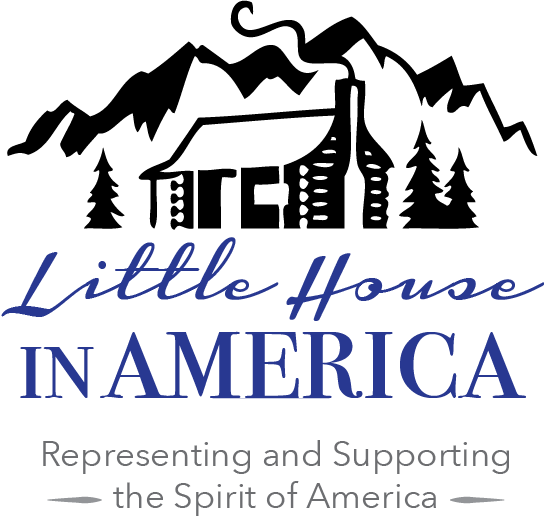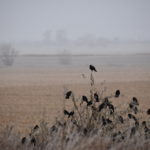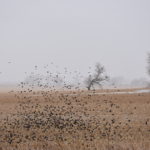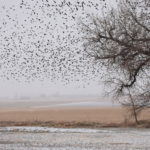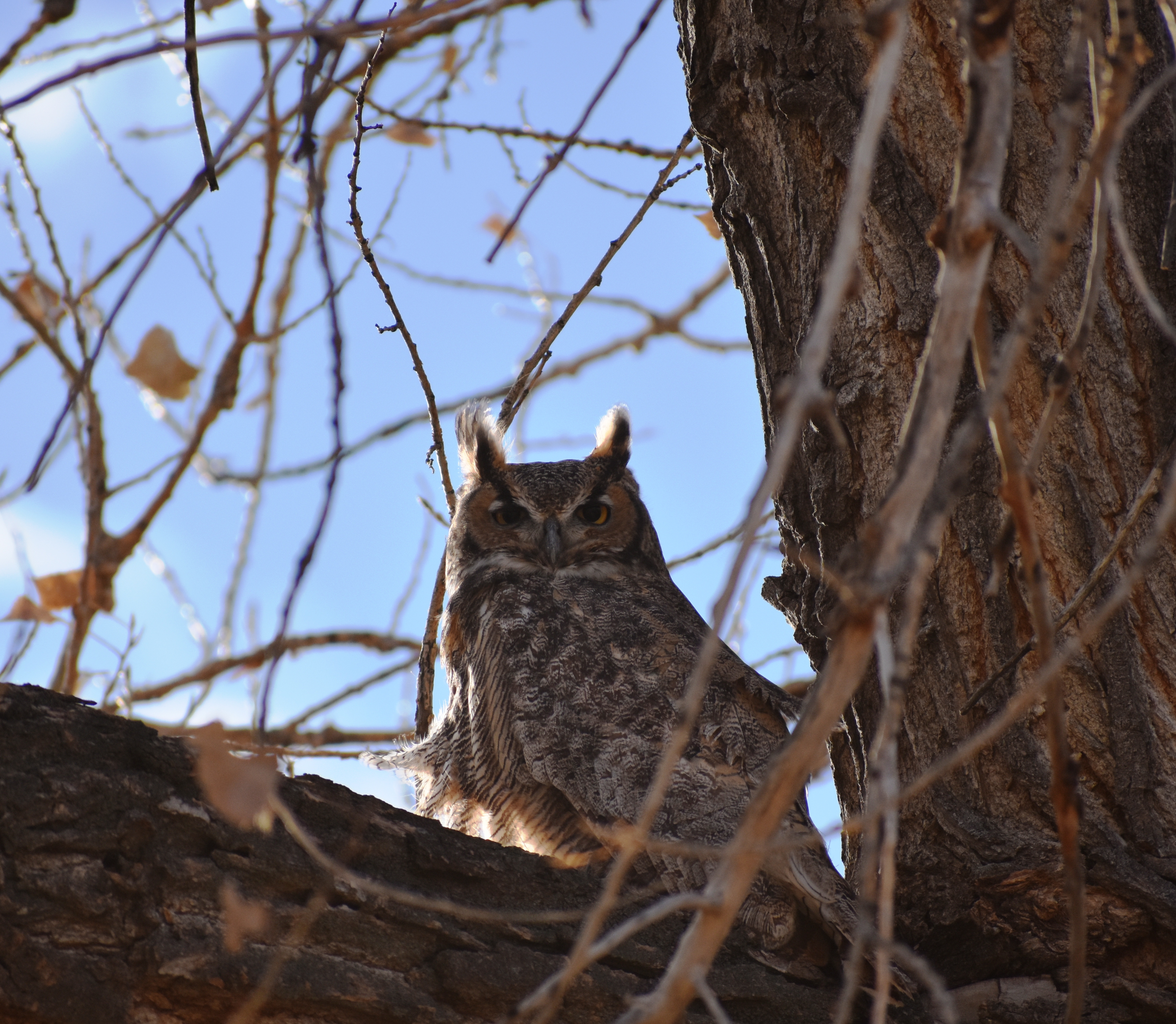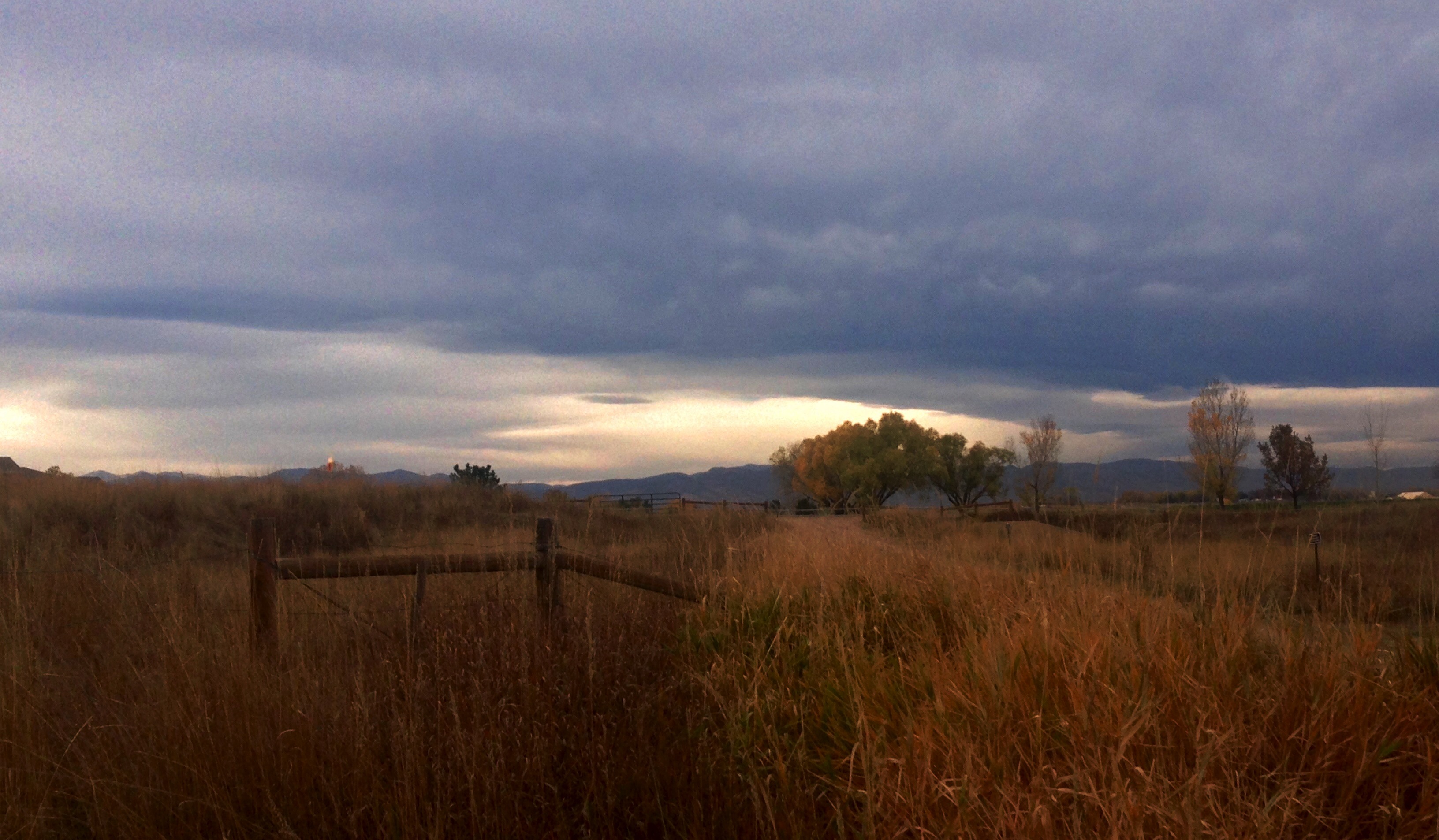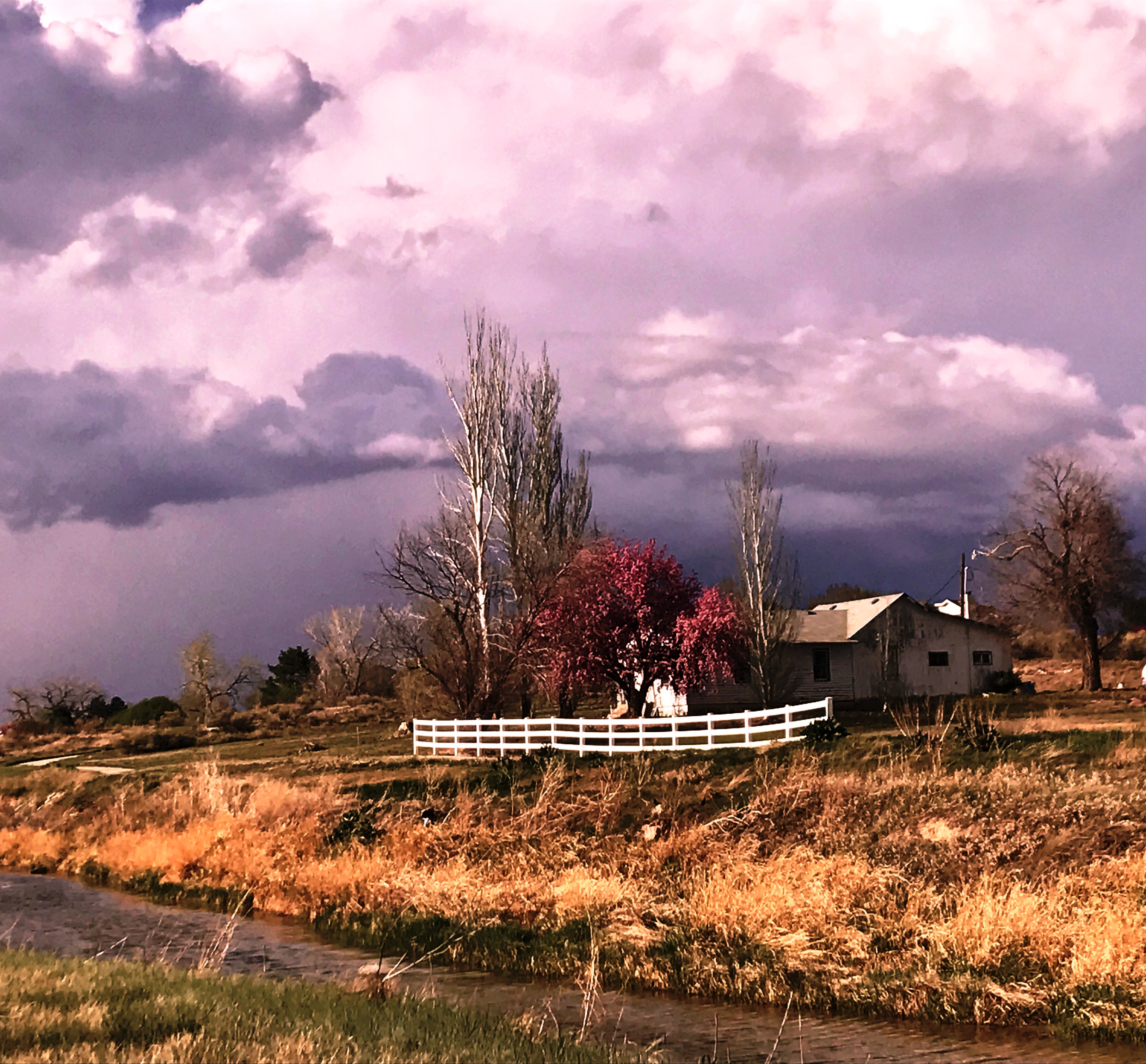In the basement are three large boxes,
not yet collectors of dust, but close.
Surrounding them, are the carefully labeled rows of Tupperware:
Christmas, Easter, Baby Clothes, Memorabilia.
My husband’s trophies from soccer;
they are an awkward puzzle on the shelf with the last remaining space,
paused across three eras of time.
There are my journals,
chronicling the claustrophobe of teenage years in attempted rhyme
and the floundering use of words;
those do have dust.
There are countless wires and connectors and things for which I have no name,
and their labels represent as such: The Engineer’s Collectibles,
(harder to organize), so base attempt was made.
But now that we are middle-aged,
and the memories we keep beneath the life of this house
resemble the exponential growth of wrinkles on our faces:
still more to come,
yet presently plenty,
we have no room for these boxes.
When my mother likes something,
she buys three or four.
She maintains their fabric perfectly and folds each item meticulously in plastic
until those items are no longer needed,
(She was the western Marie Kondo long before Kondo was born).
Then, those items are packed in a manner that keeps
packing tape, bubble wrap, and Ziploc in business.
The encasing that is their fortress will not be not easily penetrated
after they make their way through the zip codes of the desert,
through the unpopulated southern towns of Colorado,
north through Denver,
and back to the landscape and weather
more representative of their former life.
There have been countless deliveries
throughout these last several years,
and I’m sure there will be more.
Within, I will find more than anything, Smart Wool tops–
never will there be a fabric more synonymous with a person
than Smart Wool with my mother.
She wore them hunting, no doubt;
each fiber collecting the fast pace of her heart as she
bent herself over Wyoming’s rough terrain.
There will be at least twenty pairs of gloves.
I see these gloves in pictures:
On the top of a mountain and at the base of Iguazu Falls.
My father is smiling
with his gloved hand over my mother’s shoulder;
she is wearing the same as their smiles are joined.
Who knew there were twenty pair…
There are hats. And fanny packs. Handkerchiefs, and pouches.
The former, dully colored for camouflage;
the latter brightly colored to be seen.
Among them, I wonder which is the hat that came off when the grizzly charged;
which, the fanny pack that held the pepper spray?
Was this the same handkerchief that when lifted, unmuffled the voice
to make the bear huff, and turn around?
I wonder if instead, these are the ones
that made it to the top of Kilimanjaro,
witnesses to my mother’s endurance
on the summit of Aconcagua?
Was this in the Arctic with my father, present,
as his hands ran across the wild fur of a wolf?
And so,
I will find places for all of these things.
In corners already spoken for,
and on shelves already bowed under the weight
of a collective past.
I will sing along with the radio
while sandwiched between support beams and thick walls,
as the wind carries the storm across the sky outside,
and as the faint whistle of a train sings life into our confinement
joining in song with the possessions we keep.
It is then I will begin to see,
that all of these things
are doing their part in holding up this house.
